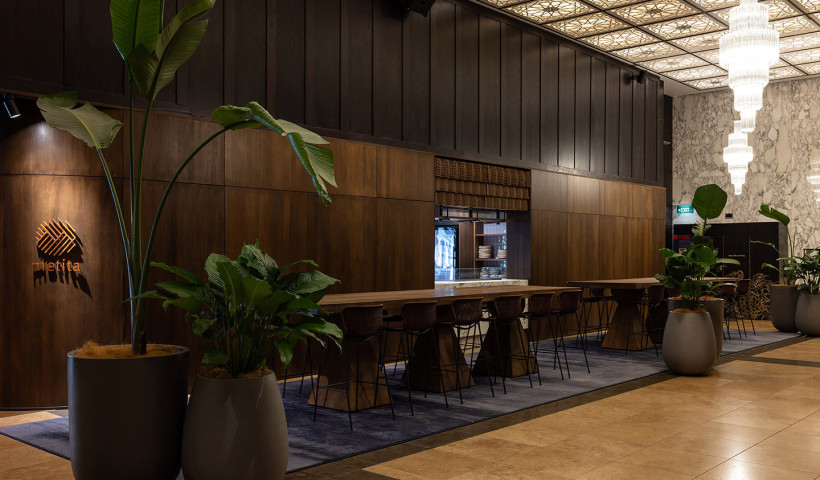
According to the Associate Environment Minister Eugenie Sage, “construction and industrial waste makes up about 85% of what is sent to landfill every year” in Auckland. This demonstrates the enormity of the problem, which flooring contributes to.
Jacobsen's new Product Stewardship programme utilises the principles of the waste hierarchy, putting emphasis on the re-use of flooring before considering recycling, and with disposal/landfill only as a last resort.
Launching initially as a pilot in Auckland, five flooring contractors will be taking part with the objective to test the procedures and take learnings that will enable Jacobsen to introduce this nationwide.
“Creating positive impact and understanding the environmental burden of doing business is a core value for Jacobsen,” said Renee Woolcott, Impact and Innovation Officer of Jacobsen Holdings. “We think it’s important for suppliers in New Zealand to take responsibility and provide meaningful and accessible product stewardship programmes, to protect the environment for current and future generations. As a third-generation Jacobsen family member and a mother, I’m particularly passionate about making this programme a success.”
Reducing landfill and supporting the community
A partnership with Habitat for Humanity provides Jacobsen with an opportunity to positively impact the community and the environment by enabling re-use of carpet tiles. Habitat for Humanity will be taking uplifted second-hand Shaw and Desso carpet tiles and selling them through their ReStores. Income from the ReStore charity shop chain helps greatly in funding their mission.
Conrad LaPointe, CEO Northern Region of Habitat for Humanity said, "We are excited to be able to provide an avenue for re-use of carpet tiles and be a part of reducing construction waste to landfill. All proceeds from the sale of these items will go towards our work in supporting kiwi families in housing need."
Recycling at the factory
Jacobsen has worked with Tarkett, manufacturers of Tarkett vinyl and Desso carpet tiles, and Shaw Contract to extend their current recycling at the factory to the New Zealand market. Based on the Cradle to Cradle principles, this sees installation off-cuts for vinyl, carpet tiles, and post-consumer carpet tiles, that can’t be re-used, being sent back to the factory to be recycled and introduced back into the manufacturing process as raw materials.
In addition, Jacobsen has worked with Regupol to implement a world-first recycling programme for rubber installation off-cuts. These will also be sent back to the factory to be recycled and introduced back into manufacturing process.
“We are proud to work with suppliers who carry our values and understand the contribution we can all make to preventing unnecessary waste,” said Woolcott.
Creating a positive impact
This programme is part of Jacobsen's ongoing commitment to the environment and socially responsible flooring systems. Jacobsen are committed to:
- Sourcing product from suppliers that reach or are equivalent to the ISO14001 standard of environmental management and are accredited by international environmental governing bodies.
- Sourcing product from suppliers that conduct ethical business in relation to laws, regulations, fair practices, international human rights standards, health and safety and corporate social responsibility.
- Assessing products for their lifecycle impact, reducing water usage, and chemical impact on the environment during the manufacturing, installation and maintenance of flooring.
- Reducing carbon emissions in line with our Toitu Envirocare carbon reduce certification and approved targets.
- Reducing waste throughout the manufacturing, distribution and installation process as well as end of life of the product.
- Ensuring Jacobsen staff are sustainably and environmentally focused in all aspects of business and operations.











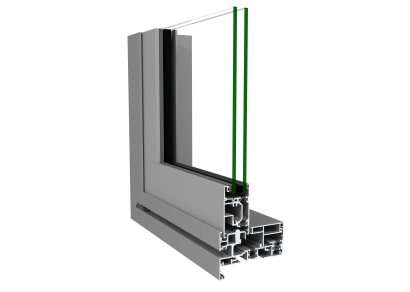
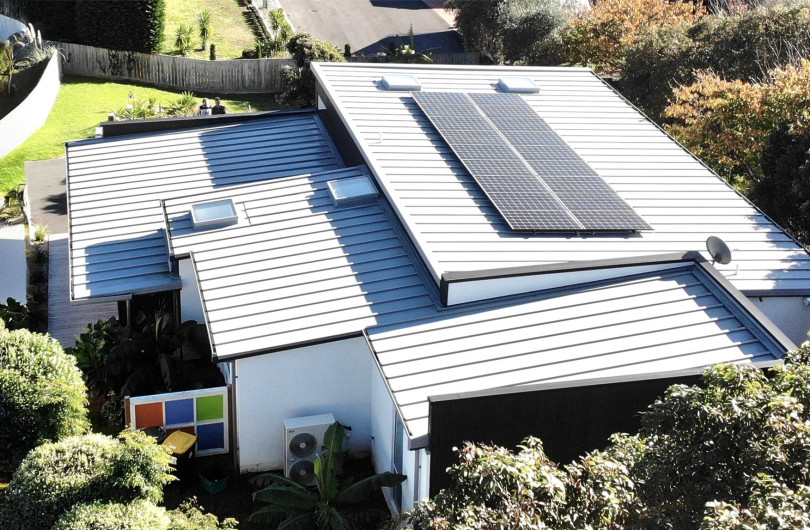
 New Products
New Products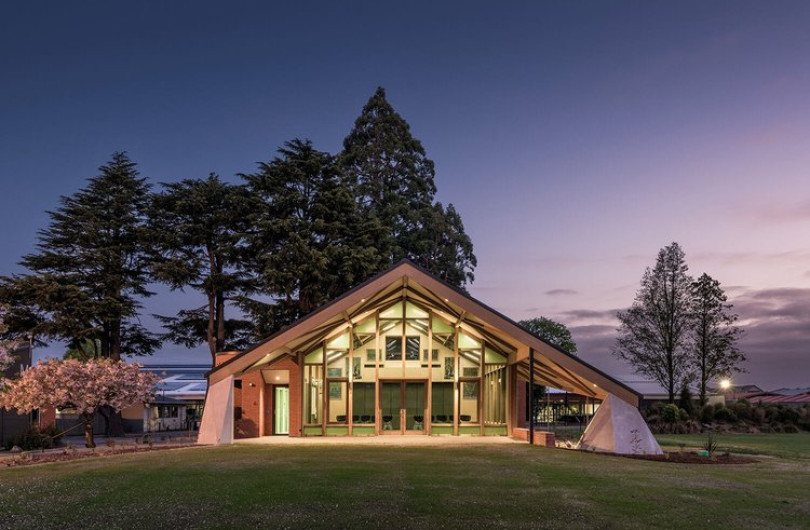


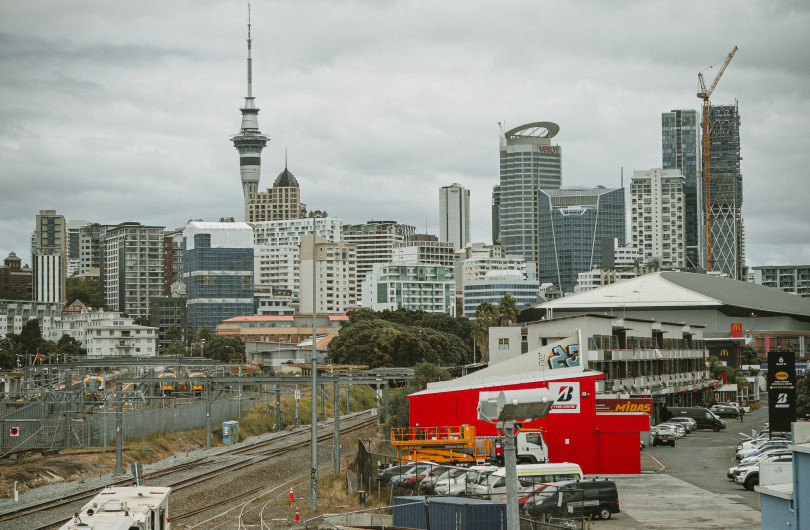

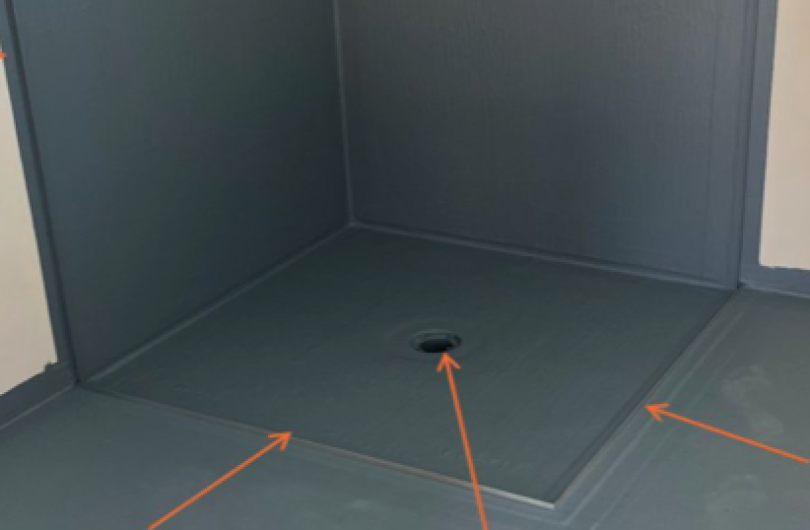

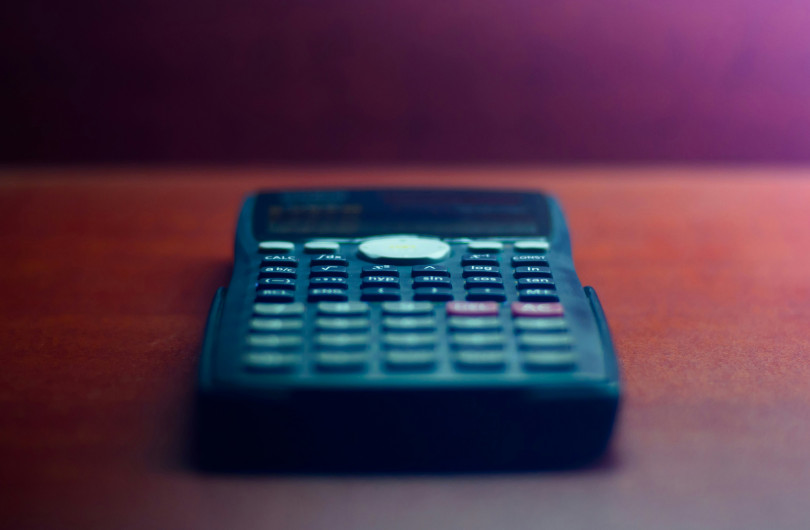




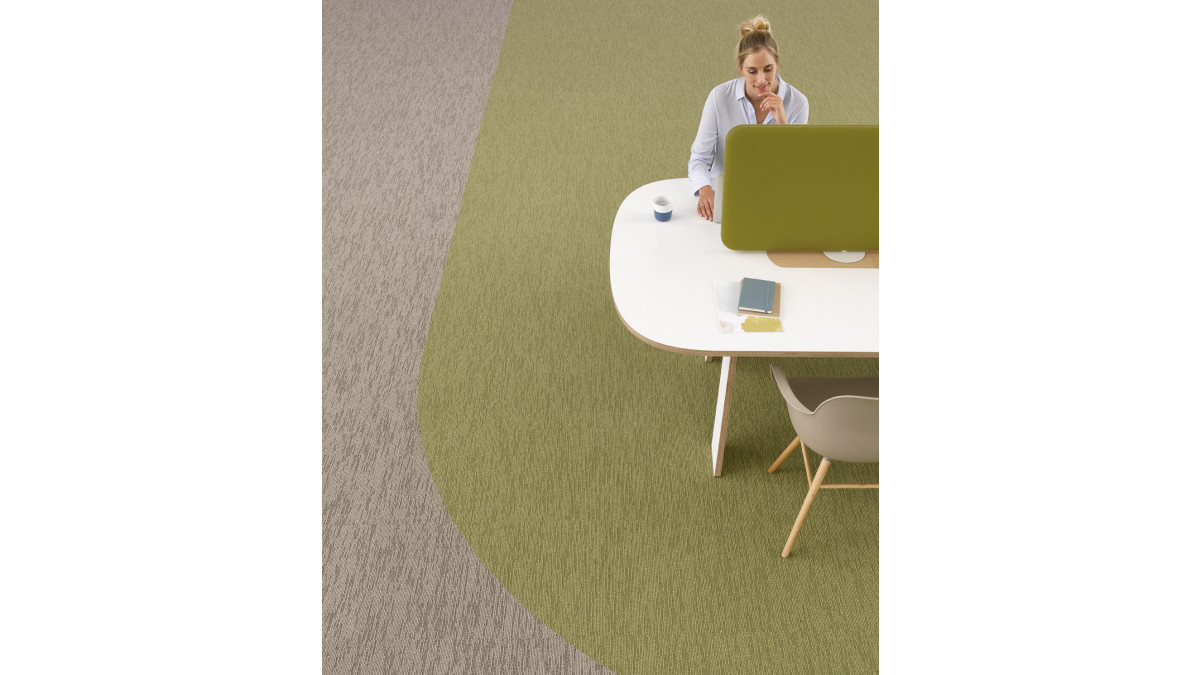
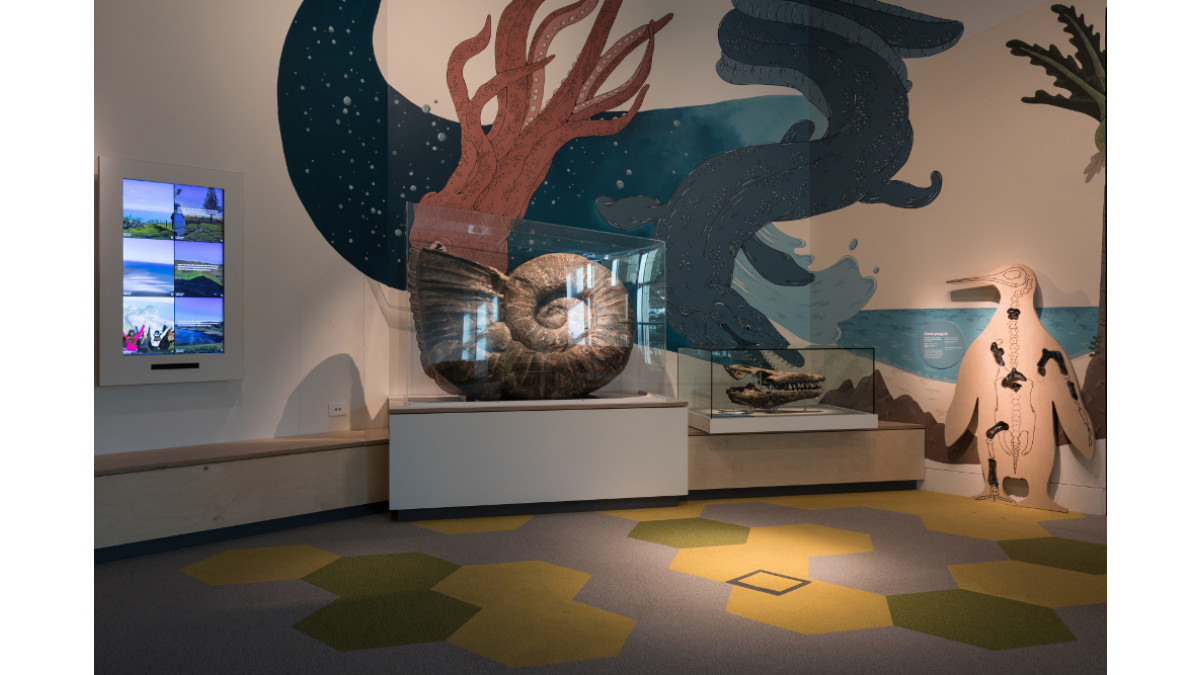



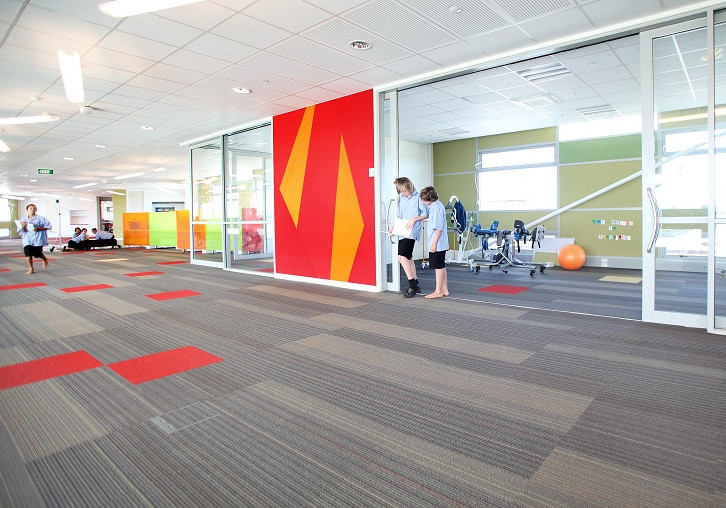
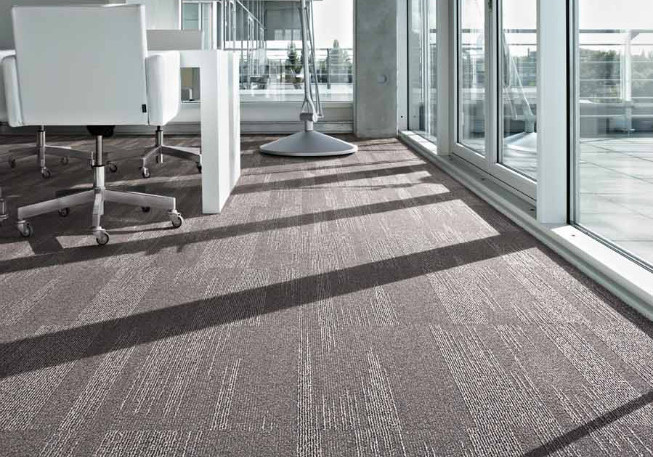

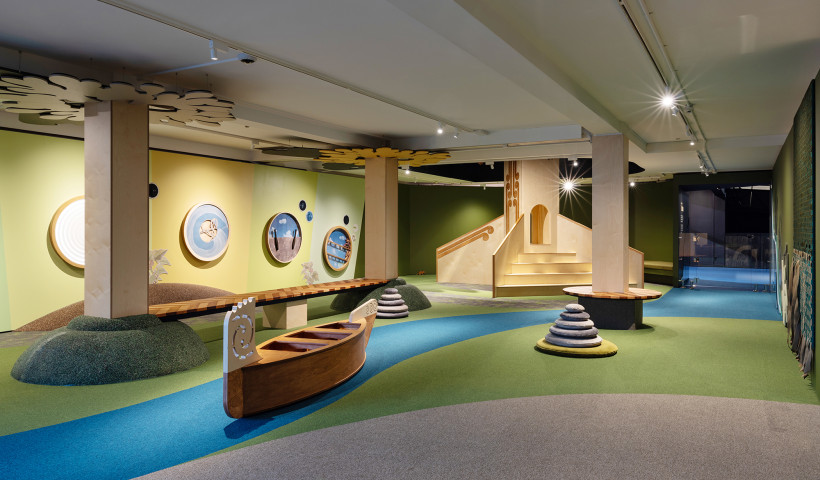
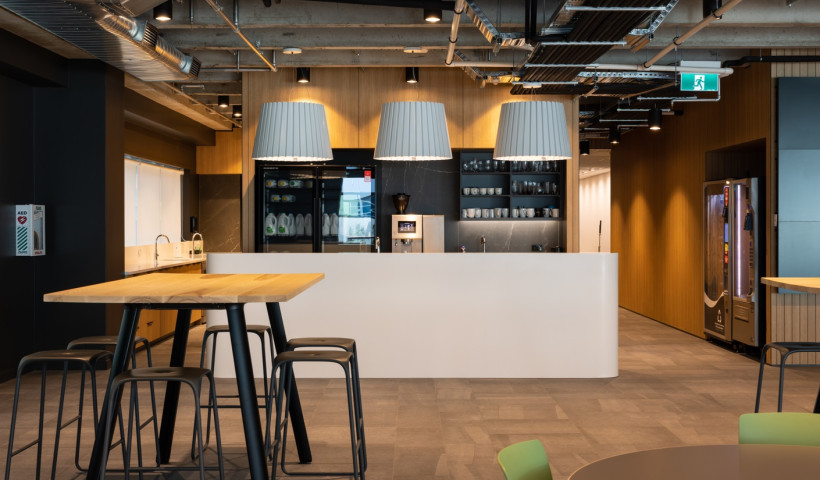
 Popular Products from Jacobsen
Popular Products from Jacobsen


 Most Popular
Most Popular


 Popular Blog Posts
Popular Blog Posts
